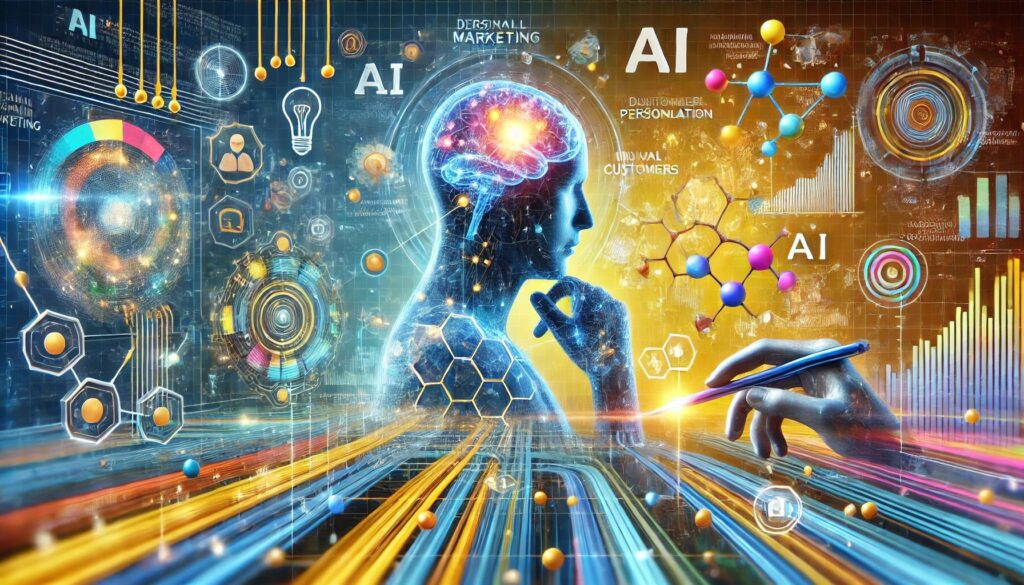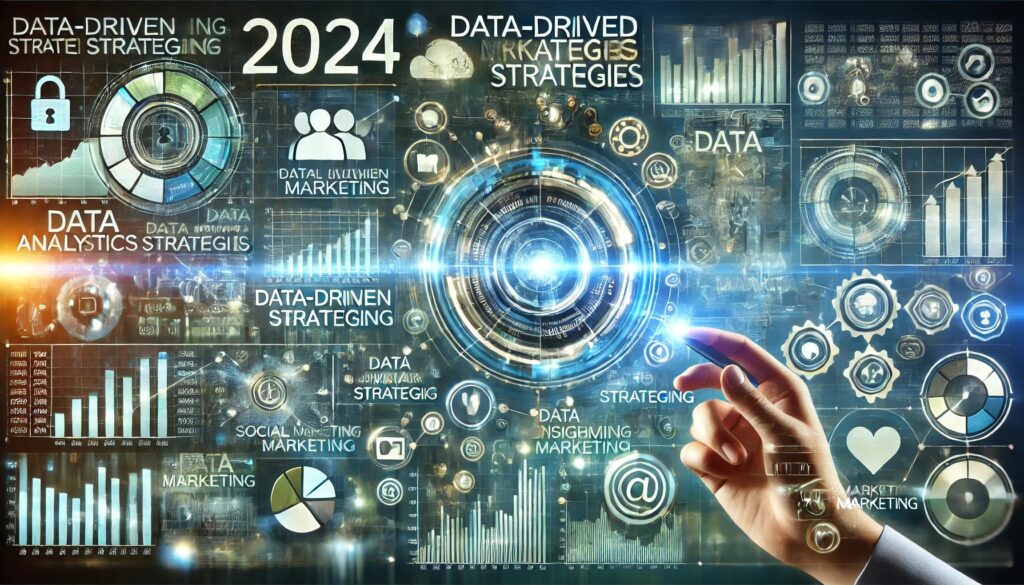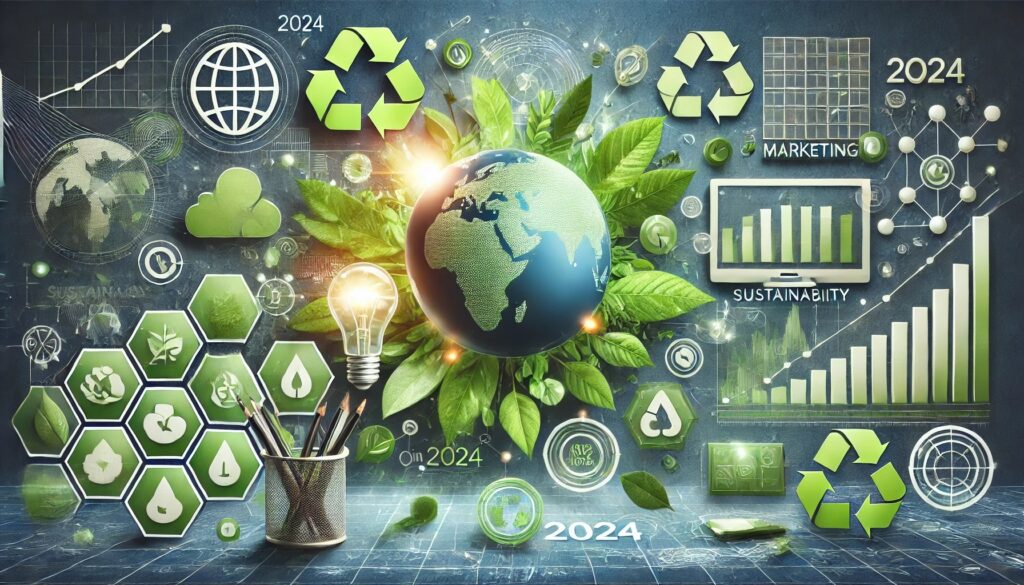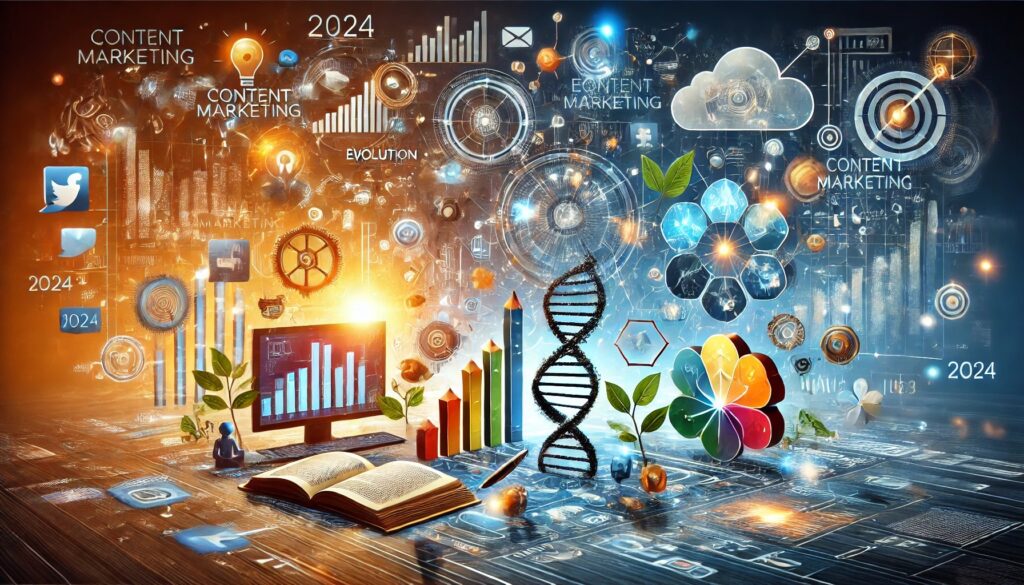
Did you know that companies excelling in personalization can achieve up to a 40% revenue increase compared to their peers? In fact, personalized product recommendations alone can lead to a 10-15% lift in sales, with some businesses seeing an even greater impact (McKinsey & Company) . As we step into 2025, AI-powered personalization is more crucial than ever, transforming marketing strategies and setting new standards for customer engagement. Let’s dive into how this trend is reshaping the marketing landscape and what it means for your brand’s future.
The Evolution of Personalization
Personalization in marketing isn’t a new concept, but AI has taken it to new heights. Traditional methods relied on broad segmentation and manual targeting, which, while effective, lacked the finesse of true individualization. Fast forward to 2025, and AI-powered personalization leverages advanced algorithms and machine learning to deliver hyper-targeted content, offers, and experiences, all in real-time. This shift from segment-based to individual-based marketing is setting new standards for customer engagement and satisfaction.
How AI-Powered Personalization Works
AI-powered personalization utilizes data analysis, machine learning, and predictive modeling to understand and anticipate customer behaviors and preferences. By analyzing vast amounts of data from various sources such as browsing history, purchase patterns, and even social media interactions, AI can create a detailed customer profile. This profile allows brands to:
- Deliver Real-Time Personalization: AI can adapt website content, email campaigns, and advertisements in real-time, presenting each customer with a unique experience tailored to their current context and preferences.
- Enhance Product Recommendations: Moving beyond simple “customers who bought this also bought that,” AI algorithms can predict and recommend products or services that align with the customer’s individual tastes and needs, increasing conversion rates.
- Optimize Content Delivery: By analyzing engagement patterns, AI can determine the best times and channels to reach each customer, ensuring messages are delivered when they are most likely to be noticed and acted upon.
The Benefits of AI-Powered Personalization
The shift towards AI-driven personalization offers numerous advantages for both businesses and consumers:
- Improved Customer Experience: Personalized interactions create a more engaging and relevant experience for customers, leading to higher satisfaction and loyalty. Customers feel understood and valued, which can significantly impact their relationship with the brand.
- Increased Conversion Rates: By presenting customers with highly relevant content and offers, AI-powered personalization can significantly boost conversion rates. Personalized product recommendations, for example, have been shown to increase sales by up to 20%.
- Enhanced Data Utilization: AI enables businesses to make the most of their data, uncovering insights that were previously difficult to identify. This deep understanding of customer behavior can inform not only marketing strategies but also product development and customer service initiatives.
Ethical Considerations in AI Personalization
While AI-powered personalization presents exciting opportunities, it also raises important ethical considerations, particularly around data privacy. In 2025, customers are more aware and concerned about how their data is used. Brands must prioritize transparency and ethical data practices to build and maintain trust. This includes:
- Transparency: Clearly communicating to customers how their data is collected and used is crucial. Brands should provide easy-to-understand privacy policies and offer customers control over their data preferences.
- Compliance: Adhering to data protection regulations such as GDPR and CCPA is not just a legal requirement but a trust-building exercise. Ensuring compliance demonstrates a brand’s commitment to ethical practices.
- Value Exchange: Customers are more willing to share their data if they perceive a clear value exchange. Brands should focus on delivering tangible benefits through personalization, such as exclusive offers, tailored content, or enhanced user experiences.
Implementing AI-Powered Personalization
To successfully implement AI-powered personalization in 2025, brands should:
- Invest in Quality Data: The effectiveness of AI personalization depends on the quality of the data it analyzes. Brands need to ensure they are collecting accurate, relevant, and up-to-date data from various sources.
- Leverage Advanced AI Tools: Investing in AI platforms that offer advanced machine learning capabilities is essential. These tools can analyze complex datasets and deliver actionable insights in real-time.
- Continuously Optimize: AI-powered personalization is an ongoing process. Brands must regularly review and optimize their strategies based on performance data and evolving customer behaviors.
Conclusion
AI-powered personalization is not just a trend for 2025; it’s a fundamental shift in how brands engage with their audiences. By leveraging the power of AI to create individualized experiences, brands can enhance customer satisfaction, drive conversions, and build long-term loyalty. However, this must be done with a commitment to ethical data practices and transparency, ensuring customers feel valued and secure in their interactions.




